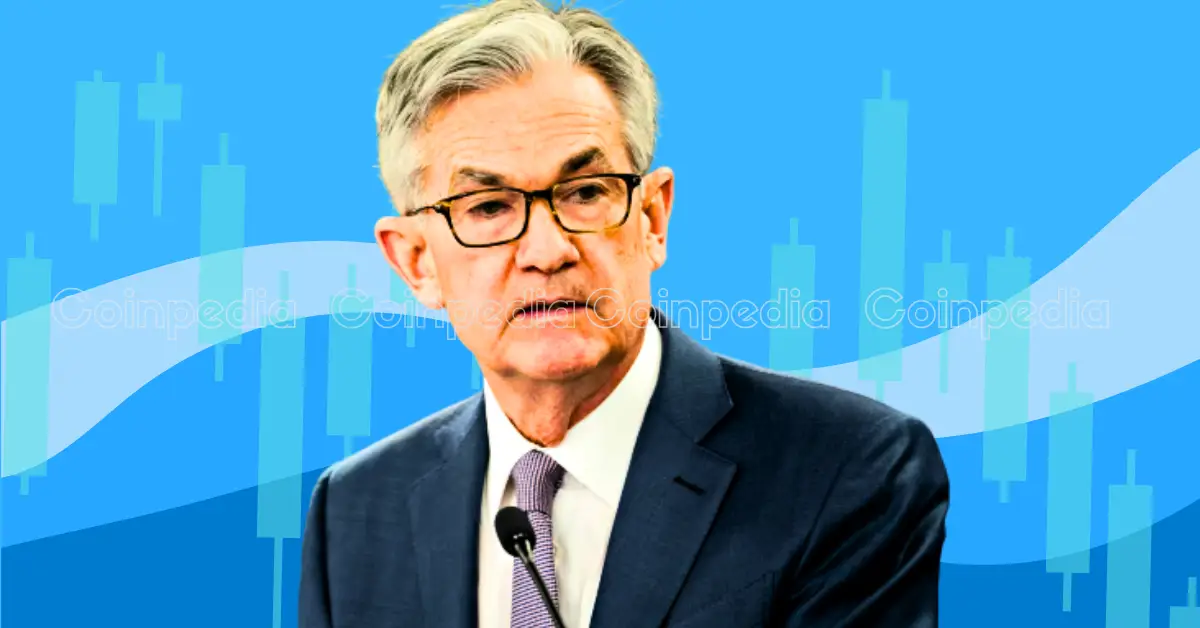
The Federal Reserve’s March FOMC meeting minutes revealed a behind-the-scenes debate about the future of quantitative tightening (QT). The Fed recently voted to slow down its balance sheet reduction, cutting the monthly Treasury runoff cap from $25 billion to just $5 billion. While this decision had broad support, not everyone agreed. Some policymakers, including Fed Governor Christopher Waller, pushed back, saying they preferred to stick with the original, faster pace.
So what led to this shift, and why does it matter now? As it turns out, the answer has everything to do with liquidity, timing, and a looming fiscal headache.
A key reason for slowing QT was the uncertainty surrounding the U.S. debt ceiling. A presentation by a New York Fed official explained that reducing the pace of QT would help protect liquidity in the system, especially during a time when government borrowing is limited. The Fed wanted to avoid a sudden drop in reserves that could happen once the debt ceiling issue is resolved.
At the March 18–19 meeting, the Fed agreed to lower the Treasury runoff cap but kept the $35 billion monthly limit on mortgage-backed securities unchanged. This approach gives the Fed flexibility to manage short-term money market conditions while keeping an eye on the broader economic impact of federal debt management.
Fed Chair Jerome Powell and New York Fed President John Williams both signaled that this slower QT pace could remain in place even after the debt ceiling situation is resolved. Powell said the change gives the Fed more time before reserves become too low, allowing decisions to be made with a better understanding of market conditions.
Williams added that a gradual approach helps avoid unnecessary disruptions and gives the Fed time to assess how much liquidity is really needed.
The crypto market responded calmly to the Fed’s move. Major assets like Bitcoin and Ethereum showed little reaction, viewing the decision as a sign of caution rather than worry. By easing QT, the Fed is keeping more liquidity in the system—something that generally supports riskier assets, including cryptocurrencies.
While interest rates remain the Fed’s main tool, its approach to QT still affects market sentiment. Many analysts now expect QT to continue into next year, especially if financial conditions stay fragile due to global trade tensions or changes in U.S. fiscal policy. Even at a slower pace, QT remains an important part of the Fed’s overall strategy.
Slower doesn’t mean softer—just more calculated. And right now, that seems to be the Fed’s game plan.
Markets currently expect 2–3 rate cuts in 2025, depending on inflation trends and economic data.
The Fed typically announces policy decisions at 2:00 p.m. ET after FOMC meetings.
Fed minutes are detailed summaries of FOMC discussions, released three weeks after each meeting.
The Solana price has efficiently bounced nearly 8% in early August after a sharp 25%…
Sui is quickly emerging as one of the most talked-about Layer-1 blockchains in 2025. With…
Tether CEO Paolo Ardoino shared that USDT now makes up 40% of all on-chain transaction…
Story Highlights The live price of the SYS token is The SYS price may reach…
Last week marked the first net outflow from cryptocurrency ETFs in 15 weeks. This week…
Story Highlights The Holo price today is $ HOT price may reach a potential peak…